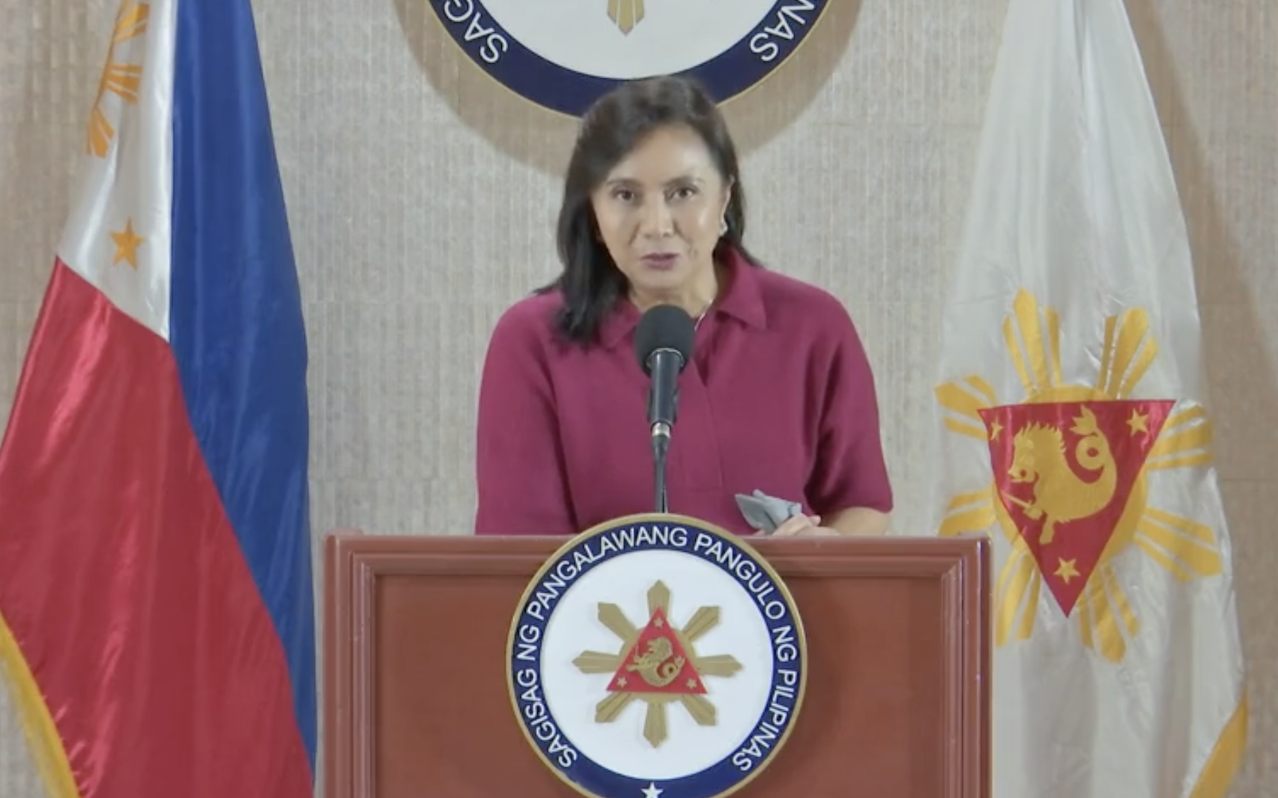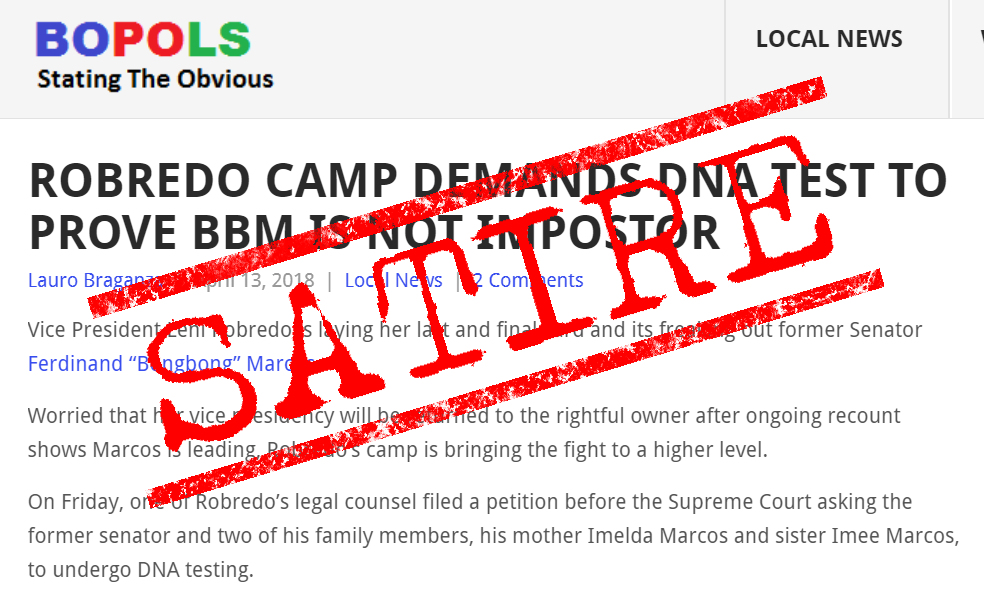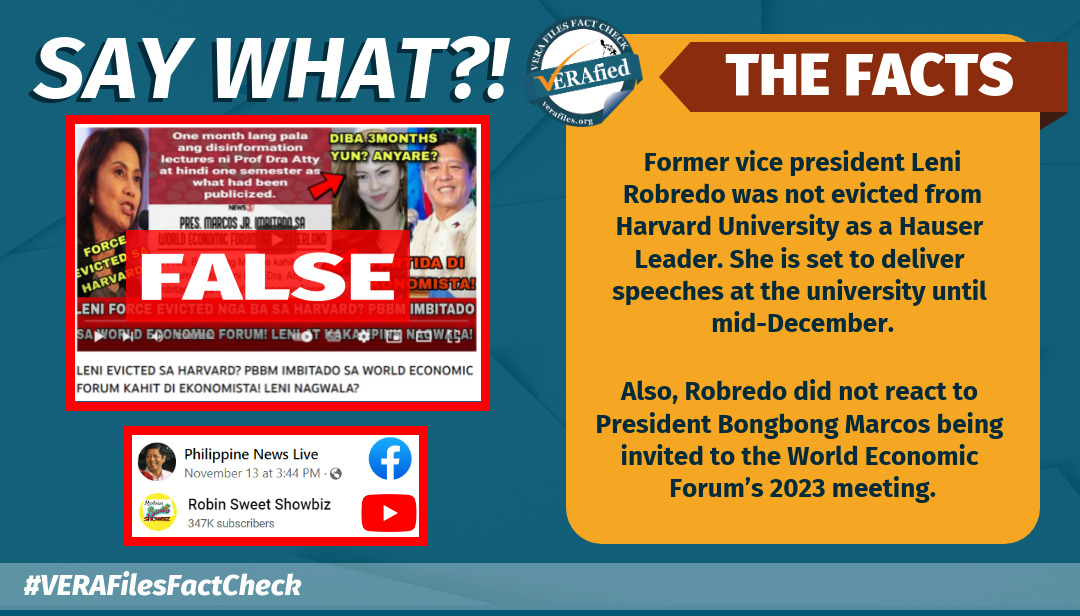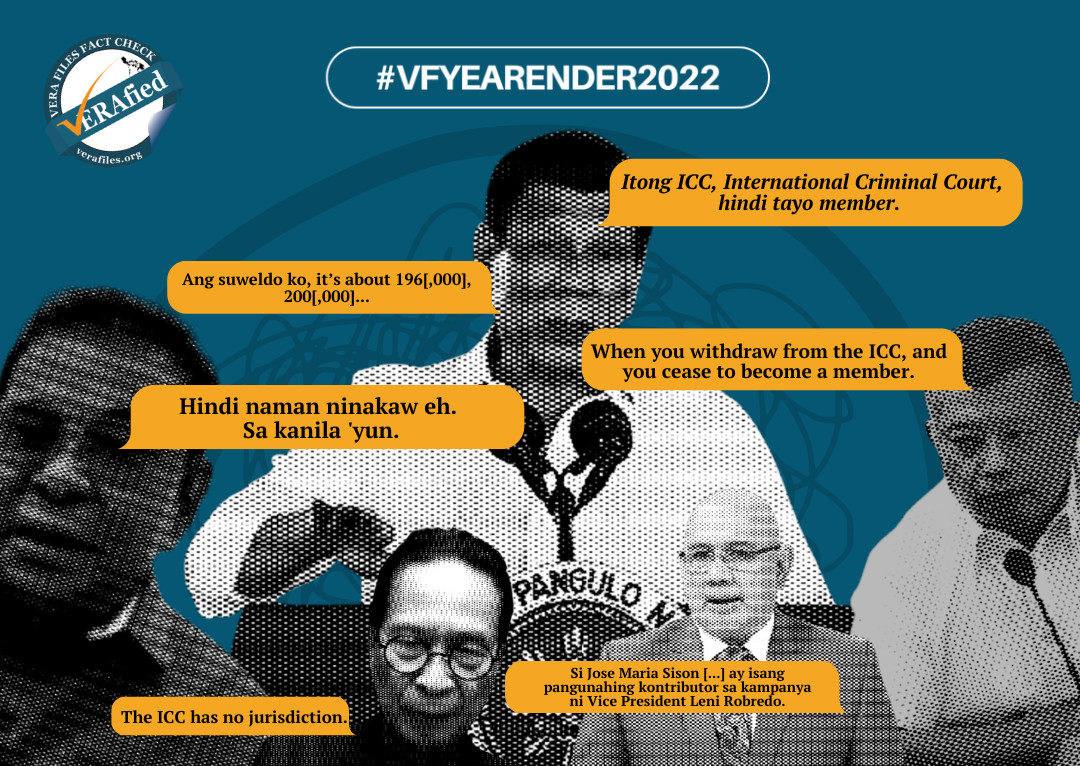Vice President Leni Robredo criticized the government’s lack of “reliable” data in its campaign against illegal drugs as she expressed alarm that it is “not able to distinguish the users from pushers.”
In her 40-page report released on Jan. 6 detailing her findings and recommendations after her 19-day stint as co-chair of the Inter-Agency Committee on Illegal Drugs (ICAD), Robredo said there is no “common and reliable” data on the number of drug dependents in the country.
She pointed out the huge discrepancy between President Rodrigo Duterte’s claim that there are 7 to 8 million drug-addicted Filipinos, and the Dangerous Drugs Board’s (DDB) 1.8 million based on its 2015 survey on the nature and extent of drug abuse in the country. (See VERA FILES FACT CHECK: 3 years into drug war, Duterte again revises drug addict count)
“Dito pa lang, dapat natigilan na tayo. Kung dumami hanggang walong milyon ang gumagamit ng ilegal na droga mula sa dating 1.8 million, hindi ba mas lumala pa ang problema natin (This alone should have caught our attention. If the number of drug dependents did, in fact, increase from 1.8 million to 8 million, then hasn’t our [drug] problem worsened)?” she said in a press briefing.
(See VERA FILES FACT SHEET: What PDEA data say about the PH drug situation over the years)
She also cited the lack of government data distinguishing drug pushers from mere users, which, she said, “has enormous implications” because under Republic Act 9165 (Dangerous Drug Act), punishment for pushers is more severe while users are given the opportunity to be rehabilitated.
“Dahil dito, hindi nakakagulat na ngayon, naghahalo-halo ang users at pushers sa mga rehabilitation centers at kulungan. Ayon sa [Department of Health], ang kontaminasyong ito ay nagbubunga ng panibagong drug networks. Lumalala pa tuloy ang problema, kaysa naaayos (Because of this, it’s not surprising that [drug] users and pushers are kept together in rehabilitation centers and jails. According to the Department of Health, this sort of contamination has yielded new drug networks. This further worsened our problem instead of fixing it),” she said.
“Kung kalat ang datos, kalat ang kampanya. Hindi natin masusukat kung gumagana ang ating mga programa. Hindi natin masasabi kung nagtatagumpay ba tayo (If the data is disorganized, then the campaign will also be the same. We won’t be able to measure the success of our programs. We won’t be able to say we’ve succeeded),” she added.
Countering Robredo’s claims, ICAD chair Aaron Aquino, chief of the Philippine Drug Enforcement Agency (PDEA), said in a statement that his agency has “metrics” to measure the government’s anti-illegal drug campaign.
“As far as PDEA is concerned, the metrics for the success of the anti-illegal drug campaign is drug clearing, crime index, trust rating and operational accomplishments. To date, PDEA cleared 16,706 barangays of illegal drugs out of 33,881 or 49.13 percent,” Aquino said.
He also said the DDB is now on the final phase of data gathering for its updated data on drug users and pushers. He said they reported it to Robredo saying, however, it is “difficult” to get the real data “since nobody will admit that he/she is a user or pusher.”
In the same report, Robredo, who had called for a health-based approach on fighting illegal drugs during her ICAD stint, also recommended the transfer of ICAD’s chairpersonship from PDEA to DDB, the country’s policy-making and strategy-formulating body on the issue of illegal drugs, in order to give focus on other aspects of the campaign apart from law enforcement.
Citing police data, she rated the government’s drug war, which has been ongoing for over three years, as a “failure,” saying it was only able to seize less than 1 percent of the total shabu (methamphetamine) supply in the country.
Presidential Spokesperson Salvador Panelo, in a press briefing shortly after Robredo publicized her report, downplayed the vice president’s findings, reiterating the the campaign’s achievements.
Read Robredo’s report:
Vice President Leni Robredo… by VERA Files on Scribd





